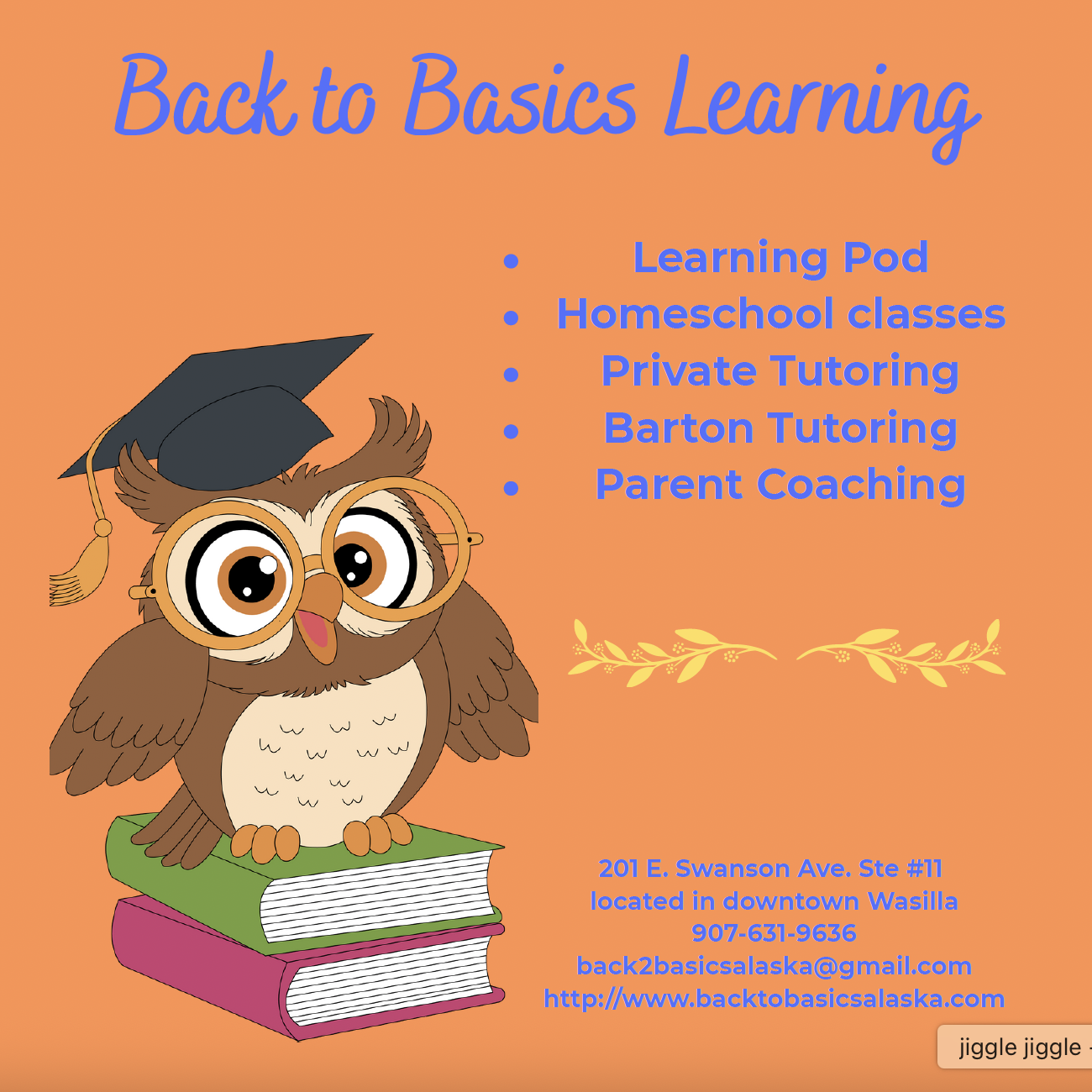
Too young for whole foods?
Maybe not. Baby-led weaning has been a hot research topic for years, and it’s steadily growing in popularity. Instead of feeding pureed foods to babies 6 months and older, parents following a baby-led weaning approach sit babies at the table, encouraging them to join in the same meal, in its whole form.
Terriann Shell, an Alaskan registered nurse and grandmother to 11 children, says, “Where conventional feeding of babies involves an adult feeding their baby pureed foods with a spoon, baby-led weaning allows the adult to sit back and observe while baby decides what is right for them.” A 2015 study published in BMJ, a leading medical journal of the British Medical Association,1 agrees with her. It found that babies feeding themselves have a better understanding of appetite, whereas spoon-fed babies often lose their natural appetite control.
Want to learn more?
Check out these resources:
How different are baby-led weaning and conventional complementary feeding? A cross-sectional study of infants aged 6-8 months: bmjopen.bmj.com/content/bmjopen /6/5/e010665.full.pdf
Baby-led Weaning: The
Evidence to date:
ncbi.nlm.nih.gov/pmc/articles/
PMC5438437/
Baby-led Weaning: The theory and evidence behind the approach: magonlinelibrary.com/doi/10.12968 /johv.2015.3.3.144
For more info on the
practice and getting started, read about the Rapley
Weaning method:
rapleyweaning.com/assets/
blwleaflet2.pdf
Here are additional benefits of baby-led weaning, highlighted in recent research:
• Because pureed foods are often watered down for consistency, introducing your babies to whole foods instead may increase energy and nutrients eaten, according to a study done by Gill Rapley, PhD in health and social care.
• Babies gain hand-eye practice by learning to grasp food and manage the different textures, tastes, sizes and shapes of food. Having control of food entering the mouth reduces the likelihood of choking for babies feeding themselves, a study from the US National Library of Medicine found.
• “The pressure is off!” says Terriann. “Baby-led weaning promotes attentive parenting and focuses on making mealtime pleasant and enjoyable, instead of a chore and a struggle.” Plus, you don’t have to buy baby food.
• Mothers taking the baby-led weaning approach are less likely to pressure their kid to eat more/less and be concerned about their child’s weight.
When your baby is eating meals with you, try to keep meals low on salt and saturated fats – check your canned goods for added salt content and try to stick with unsaturated fats. Having babies at the table during mealtime helps them feel more included and involved from an early age.1 The benefits extend to all family members, says Terriann, as they look forward to mealtimes with “good conversations, connections and family interactions throughout their lives.”










